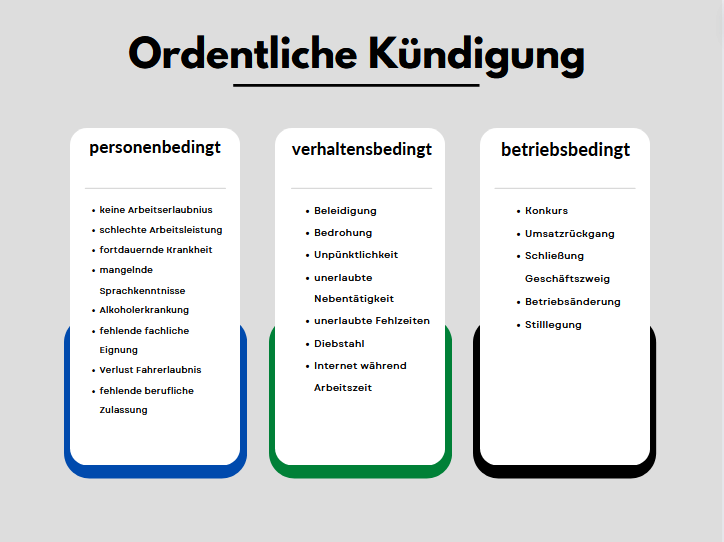Cologne Labour Court, 21.09.2016, Ref. 13 Ca 247/16
In contrast to letters, faxes and emails, messaging services (WhatsApp, Facebook, etc.), text messages and chat rooms are written as they are spoken. Spelling and punctuation are irrelevant. Whole sentences are unnecessary to understand each other. The tone itself is often much more relaxed than in "official" communication channels.
Nevertheless, you should still be careful when using the new communication channels, for example when communicating with your employer as an employee. This is because a casual tone that is misunderstood by the recipient can very quickly lead to legal action under labour law. Warning letter or cancellation.
In the case discussed here, the Employment Court Cologne, 02.07.2014, Case No.: 14 Ga 65/14 had to decide on a case in which an employee had insulted her employer via the messaging service Whats-App.

Facts of the Case:
Employee calls her employer a fool
The employee had communicated with the employer via her mobile phone. The employee had been employed by the employer for almost 20 years and had always behaved in accordance with the contract. However, for certain reasons, the employer had ordinary cancellation had to explain this to the employee. In the WhatsApp chat with the employer, the employee vented her anger about the dismissal and called the employer a „fool“.
Employer terminates employment without notice - employee files an action for unfair dismissal
The employer then terminated the employment relationship without notice. The employee filed an action for unfair dismissal against this termination without notice with the Cologne Labour Court.
Employment Court Cologne Ruling:
Cologne Labour Court considers dismissal invalid
The Cologne Labour Court ruled that the termination without notice was unjustified. Termination without notice requires the existence of good cause as a reason for termination (Section 626 (1) BGB). Good cause is the existence of facts on the basis of which the terminating party cannot reasonably be expected to continue the employment relationship until it is otherwise terminated, taking into account all the circumstances of the individual case and weighing up the interests of both parties to the contract.
The term Dusselkopf is not a serious insult
Although the term "Dusselkopf" can constitute such good cause as a clear insult, the Cologne Labour Court did not consider the term to be a particularly serious and gross insult. Furthermore, the Cologne Labour Court also took into account that the employee had been employed by the company for almost 20 years and had always behaved in accordance with the contract up to that point. Therefore, in the opinion of the Cologne Labour Court, a warning would have been the appropriate means of avoiding the risk of future messages with offensive content.
Source: Employment Court Cologne
Important Note: The content of this article has been prepared to the best of our knowledge and belief. However, due to the complexity and constant evolution of the subject matter, we must exclude liability and warranty. Important Notice: The content of this article has been created to the best of our knowledge and understanding. However, due to the complexity and constant changes in the subject matter, we must exclude any liability and warranty.
If you need legal advice, please feel free to call us at 0221 - 80187670 or send us an email at or send an email to info@mth-partner.de info@mth-partner.de




